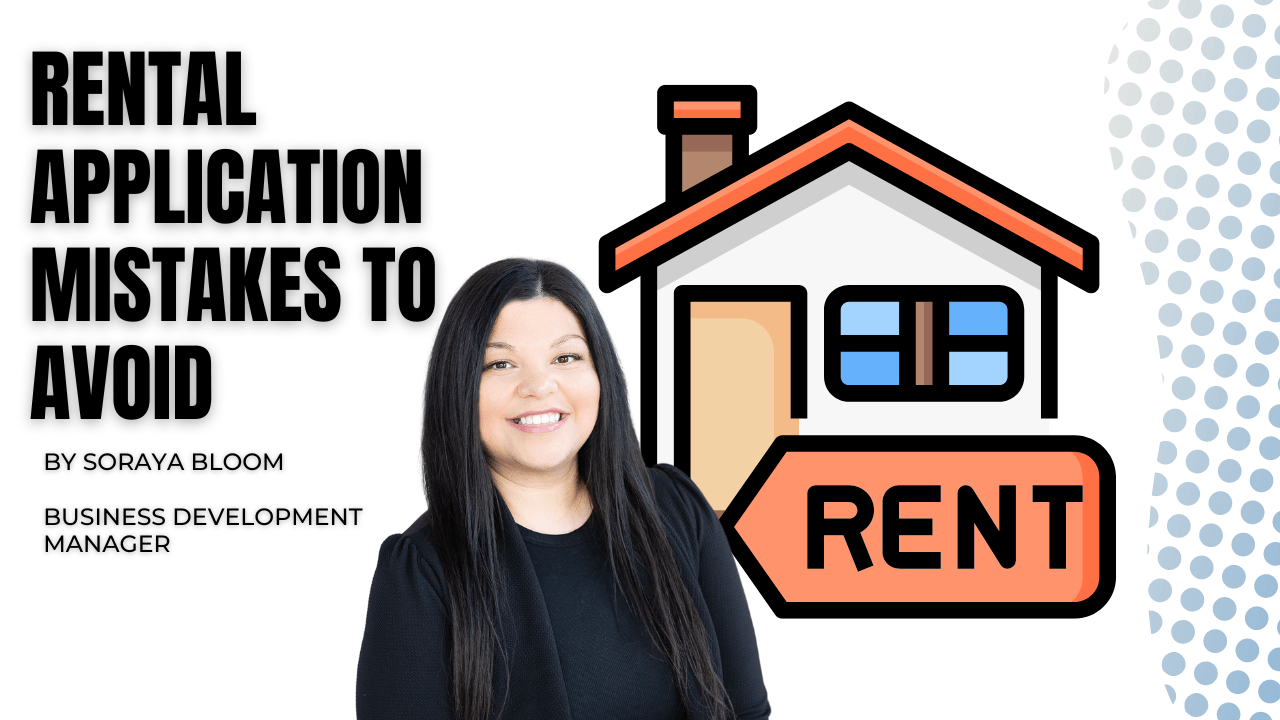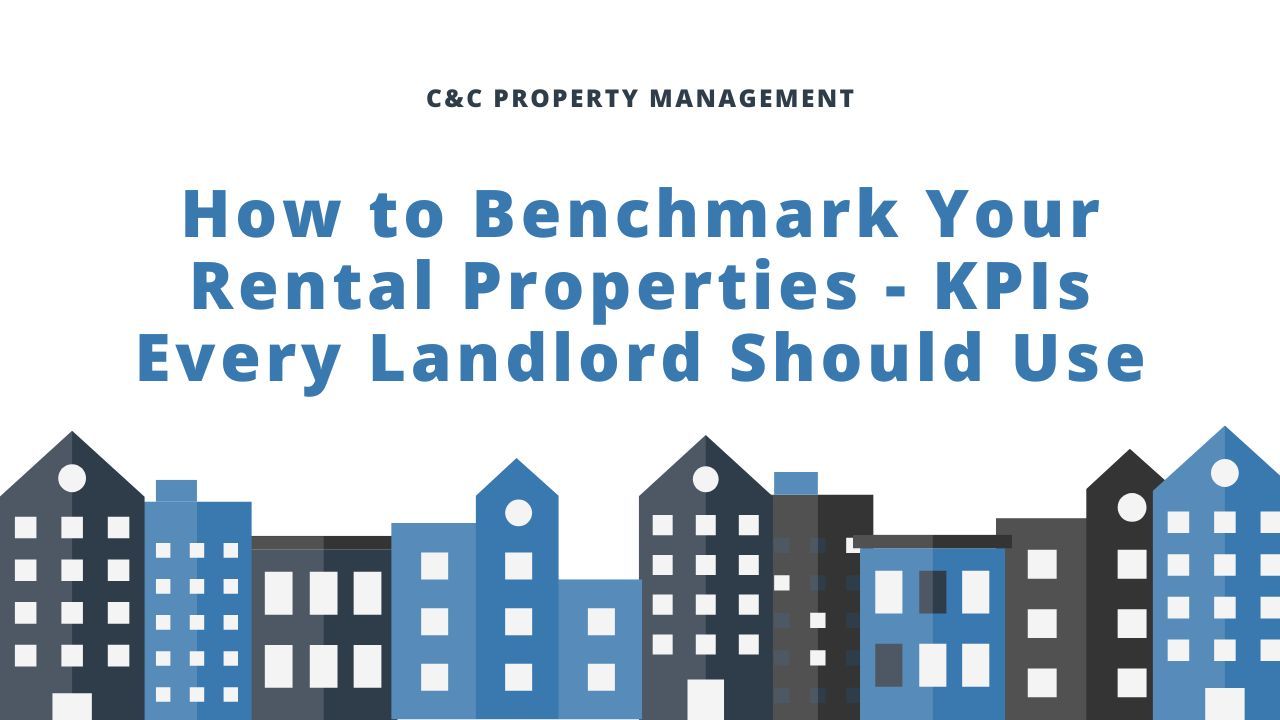Rental Application Mistakes to Avoid!
Hello, I’m Soraya Bloom your local BDM with C&C Property Management.
Today, we’re going to discuss rental applications and what to avoid. This is an important article because these mistakes are not only common, they can become costly.

Rental applications are the first step in assessing if the prospective tenant will be a good fit. It helps determine the applicant’s ability to pay on time, if they will appreciate and take care of the property, and avoid serious debt.
Unfortunately, we don’t have a crystal ball that can foresee the future. However, the application process can give you great insight into the applicant’s rental history. It’s extremely important to analyze their employer, landlord references, pay stubs, bank statements, credit score, and identity.
Applications can take up to seven days to process. The processing time can be shorter. After receiving the application, take the time to verify employment and call previous landlords. Additionally, the application should request permission to run a credit history check.
There is a lot riding on the application, so
DO NOT RUSH IT.
One mistake many landlords make is rushing the process. The desire to fill vacancies asap can lead to costly errors.
Keep in mind that signing the lease agreement is easy. However, the eviction process is challenging and expensive when a tenant defaults on rent and or trashed the property.
Let’s get to the 6 list-
Discriminatory Application
Most landlords and tenants know about the Fair Housing Act. It is illegal for landlords to deny housing to anyone based on race, color, nationality, gender, religion, age, disability, or familial status. Therefore, it would be a huge nistake to have discriminating questions -
What is your national origin?- Do you have children or do you plan on having children?
- Have you ever been arrested?
Although most states do check criminal background, asking about being arrested is a mistake because being arrested doesn’t mean it makes someone guilty of the crime.
Discriminatory Application Denial
It’s not a mistake to deny an application based on income, references, or credit report. Also, if the tenant lies, it’s a valid reason to deny an application. However, the denial letter cannot contain anything discriminatory.
For example, stating in your letter that an applicant was denied because they had tattoos is discriminatory and damaging to the landlord.
Ignoring the law on Applications
Please do not make the mistake of ignoring state and local laws on application fees during the process. Usually, it’s possible to collect fees for the tenant screening process. However, some states do not allow this. Make sure you check with your city regulations. If it is not allowed, you may need to refund denied applicants.
Charging too much for the Security Deposit
The application has information on the security deposit, and again it can be a costly mistake if you ignore state laws. Many states have rent control laws the regulate security deposits. These regulations control how much you can collect, how to hold it, and how to return it.
In certain cases, landlords can request an application or holding a deposit to allow the tenant to secure the property while screening takes place. If it’s rejected, you must return the deposit.
The security deposit is different from the application deposit because it’s used to pay for potential damages during the lease. It’s usually only paid when the application has been approved.
Setting the wrong Rental Rate
One of the biggest mistakes landlords can make is setting the wrong rental rate. The amount you charge directly impacts your revenue and vacancy rates. If it’s too high, you will have trouble attracting prospective tenants. Even if you find a suitable tenant, they may not stay long if they find a cheaper alternative.
If it’s too low, you’ll find it difficult to make a protift, cover unprecedented costs, or make mortgage payments. For example, it can make maintenance challenging which means the property falls into disrepair which in turn brings problems for the landlords with their tenants and the property.
Accepting illegible or incomplete applications
Please do not ignore the signs of a sloppy application. It is absolutely necessary to that tenants complete every section of the application. If a section does not apply, they should mark that appropriately.
It’s a great idea to use digital applications. It avoids the issues mentioned above.
I hope this has been helpful to you and if you have any questions about the application process or local ordinances, reach out to us here at C&C and we’ll be happy to answer your questions.








